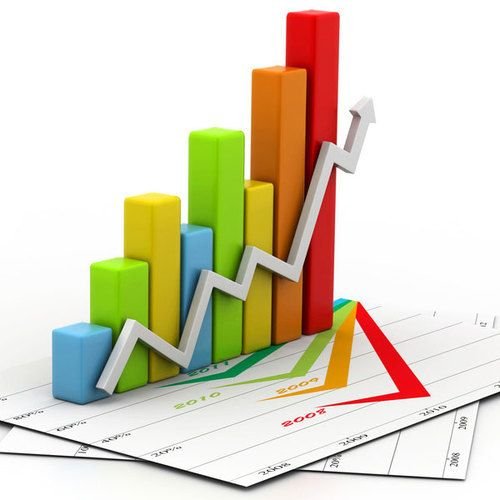The stock market is a cornerstone of the modern economy, yet its intricacies often remain a mystery to many. Whether you’re a seasoned investor or someone with a budding interest in finance, understanding the fundamentals of the stock market is crucial. In this blog, we’ll explore what the stock market is, how it functions, and why it matters.
Understanding the Stock Market
At its core, the stock market is a collection of markets and exchanges where the buying, selling, and issuance of shares of publicly-held companies occur. These shares, also known as stocks, represent ownership in a company. When you purchase a stock, you are essentially buying a piece of that company, which entitles you to a portion of its profits and assets.
Primary and Secondary Markets
The stock market operates through two main markets: the primary market and the secondary market.
- Primary Market: This is where companies issue new shares to the public for the first time through an Initial Public Offering (IPO). The primary market allows companies to raise capital directly from investors.
- Secondary Market: Once the new securities have been sold in the primary market, they are traded between investors on the secondary market. This is what most people refer to when they talk about the stock market. Major stock exchanges like the New York Stock Exchange (NYSE) and the Nasdaq are part of the secondary market.
How the Stock Market Works
The stock market functions much like an auction, with buyers and sellers negotiating prices until they agree on a transaction. Here’s a simplified overview of how it works:
- Listing: A company lists its shares on a stock exchange through an IPO, providing detailed information about its business operations, financial health, and future prospects.
- Trading: Investors buy and sell shares through brokers who facilitate these transactions. The price of a stock is determined by supply and demand dynamics. If more investors want to buy a stock than sell it, the price goes up, and vice versa.
- Indices: Stock market indices, such as the S&P 500, the Dow Jones Industrial Average, and the Nasdaq Composite, track the performance of a specific group of stocks. These indices provide a snapshot of market trends and overall economic health.
Why the Stock Market Matters
The stock market plays a crucial role in the economy for several reasons:
- Capital Formation: By allowing companies to raise funds from the public, the stock market helps fuel business expansion and innovation. This, in turn, leads to job creation and economic growth.
- Wealth Generation: The stock market offers individuals the opportunity to invest in companies and potentially grow their wealth. Over time, stock investments have historically outperformed other asset classes like bonds and real estate.
- Liquidity: The stock market provides liquidity, meaning investors can quickly buy or sell shares. This flexibility is crucial for both companies and investors, enabling efficient allocation of resources.
- Economic Indicator: Stock prices reflect investor sentiment and expectations about future economic conditions. A rising market often indicates optimism about the economy, while a falling market may signal economic challenges.
Risks and Rewards
Investing in the stock market comes with both potential rewards and risks.
Rewards
- Capital Gains: Investors can earn profits through the appreciation of stock prices.
- Dividends: Many companies distribute a portion of their earnings to shareholders in the form of dividends.
- Diversification: A well-diversified stock portfolio can reduce risk and increase the likelihood of favorable returns.
Risks
- Market Volatility: Stock prices can be highly volatile, influenced by factors like economic data, corporate performance, and geopolitical events.
- Financial Loss: There is always the risk of losing money if a company performs poorly or market conditions deteriorate.
- Market Speculation: Short-term trading can lead to significant losses, especially for inexperienced investors.
Conclusion
The stock market is a dynamic and essential component of the global economy. It provides a platform for companies to raise capital and for investors to potentially grow their wealth. While the stock market offers significant rewards, it also carries inherent risks. Understanding its mechanisms and staying informed about market trends can help investors make sound financial decisions. Whether you’re investing for the long term or just beginning to explore the world of stocks, a solid grasp of the stock market’s fundamentals is your first step toward financial literacy and success.





